
The Queen and I
It’s no wonder that those still loyal to the House of Pahlavi call her mādar Eran—Mother of Iran.

It’s no wonder that those still loyal to the House of Pahlavi call her mādar Eran—Mother of Iran.

Sunday’s long read: Charles Coulombe on America, Europe, history, and monarchism.
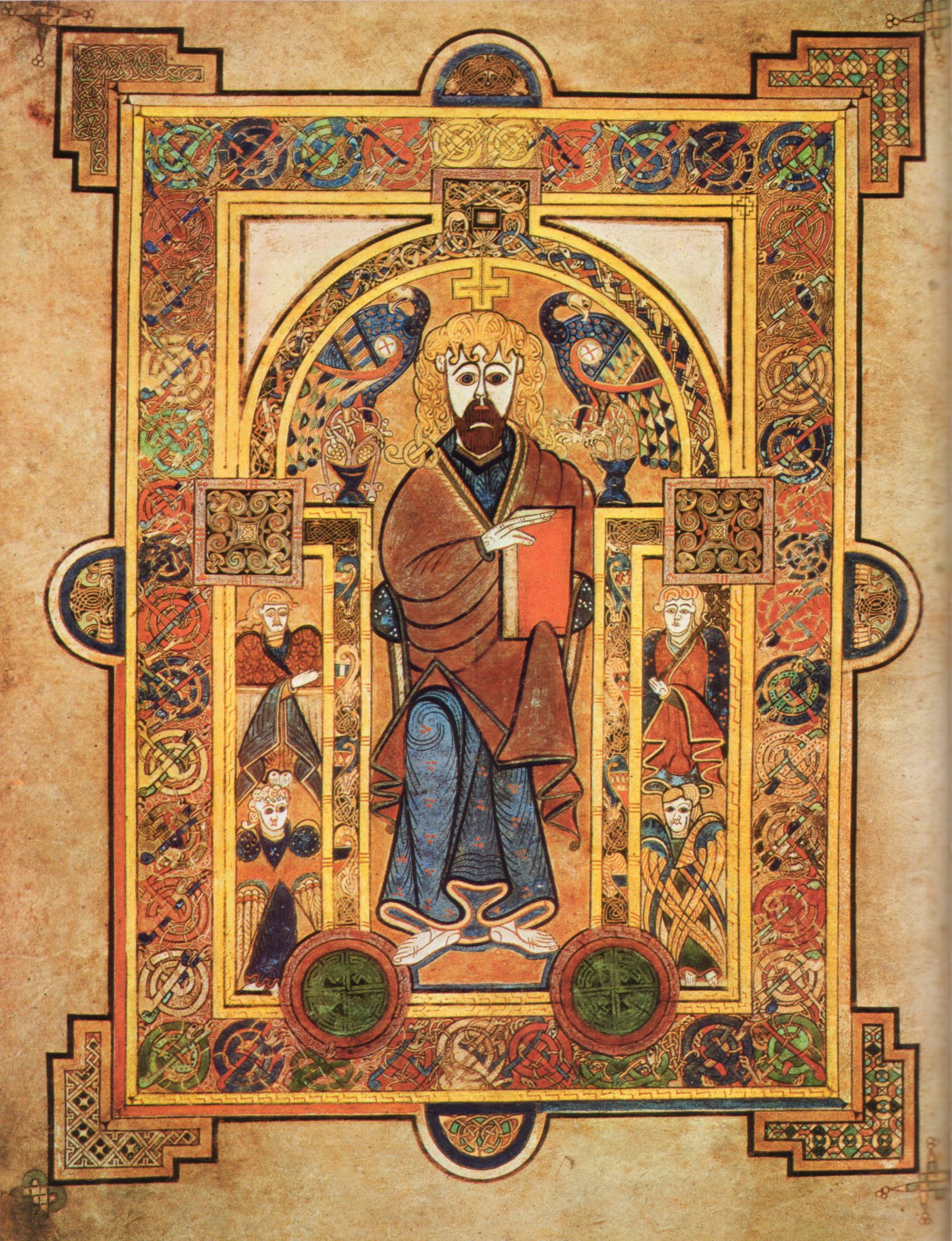
Young Americans are discovering the untapped riches of European Christian and conservative thought.
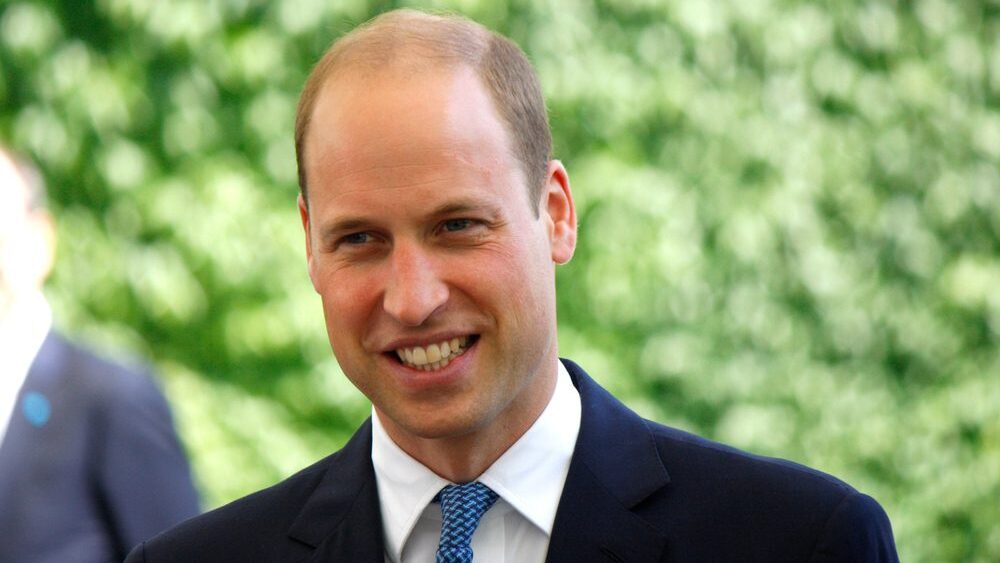
Is Prince William’s rumored lukewarm attitude to the Church of England just reflective of the population in general?

Aragorn, for so long the wandering heir, wins at last and begins the restoration of a world wrecked by evil.
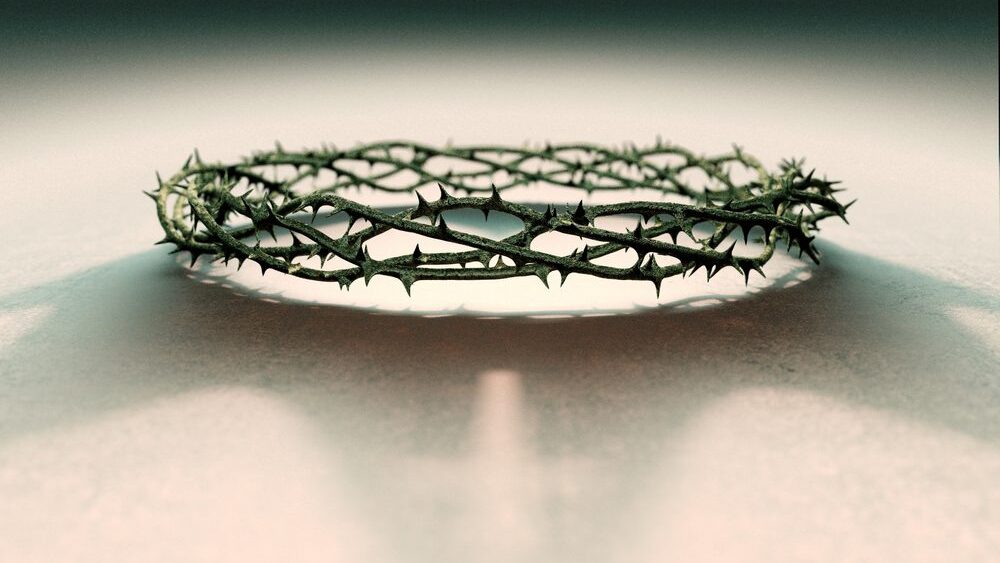
The Slovak Bishop’s Conference said the church should not be “a place for appeals that divide believers.”
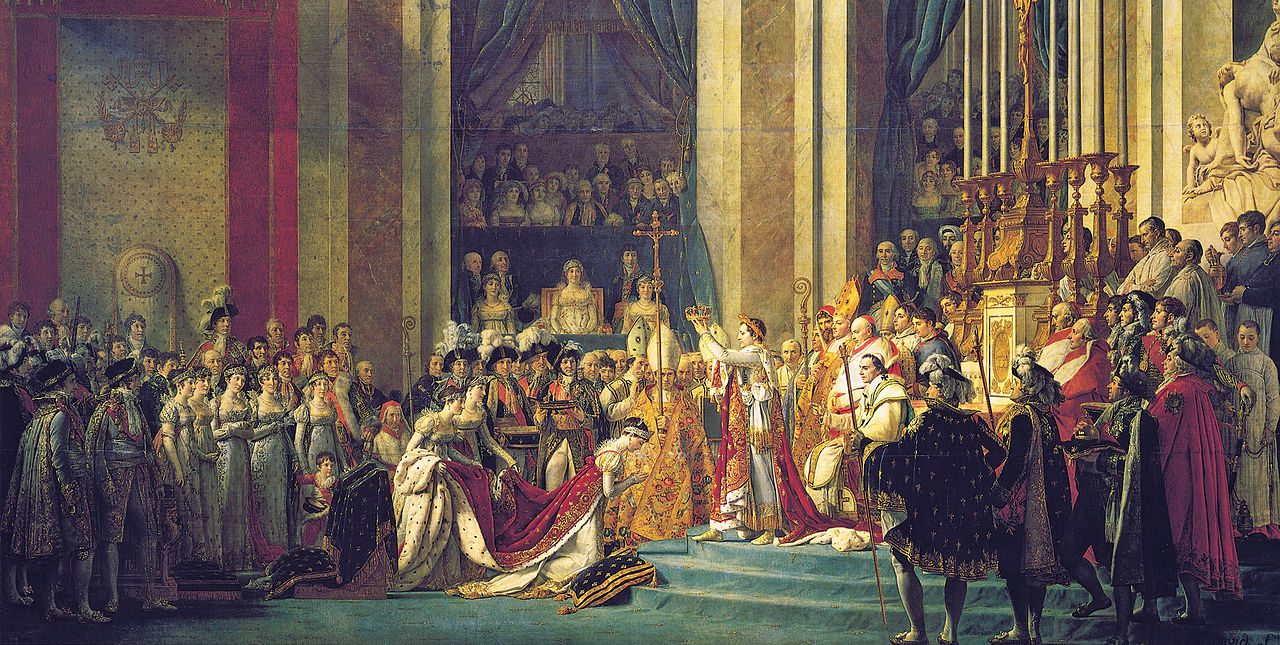
The combination of continuity and change has always been central to the genius of coronations, reassuring us that the past is being honoured, yet reaffirming the new order of things.
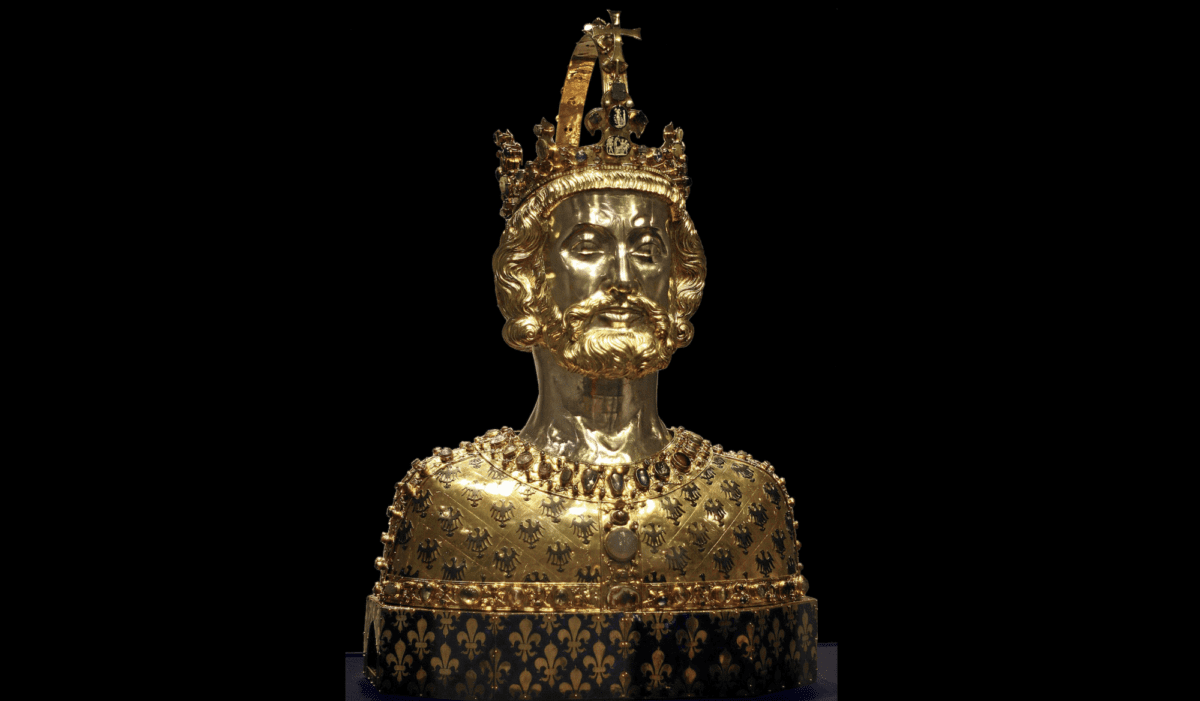
The fact that demonstrating pride in one’s country is considered ‘fascist’ speaks to the utter insanity of the current ethos.
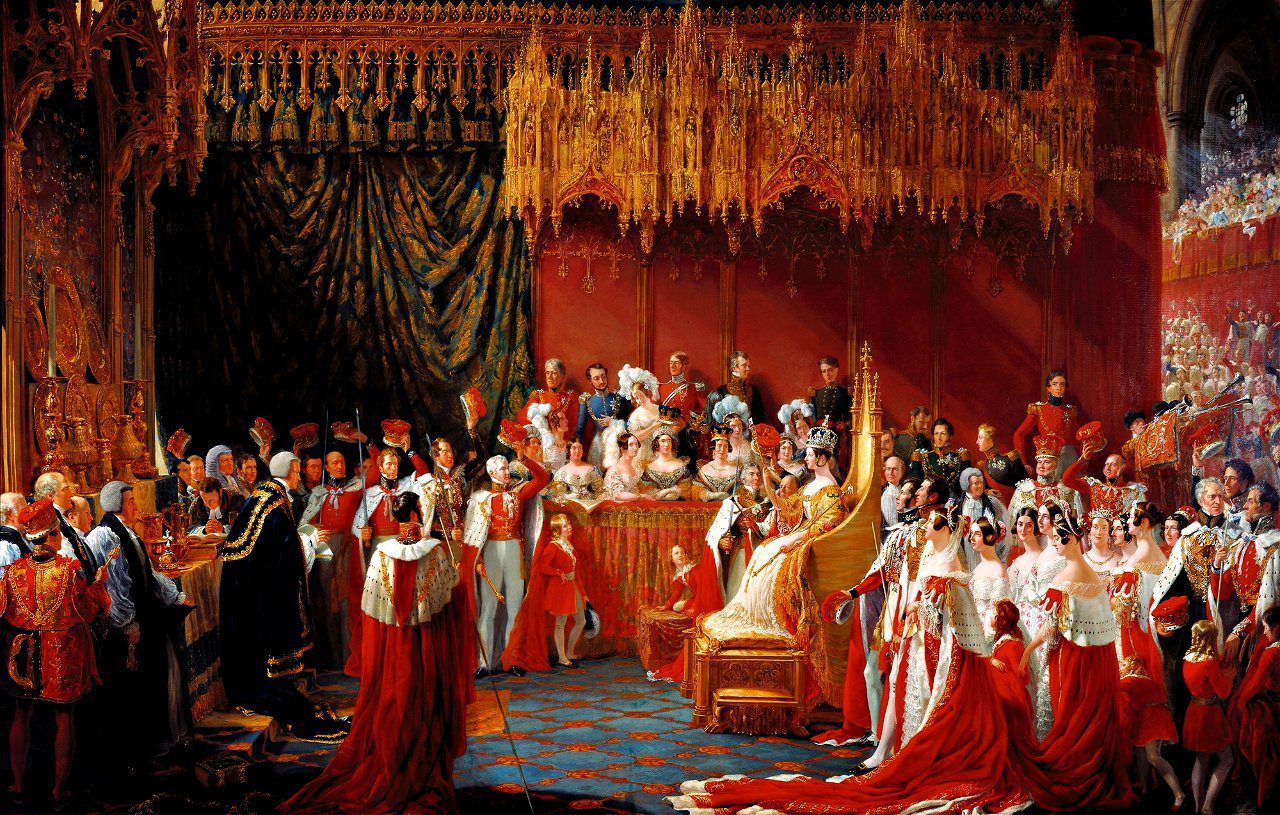
If the ‘M’ word is uttered, the malefactor’s hearers often reply: “So, you want to be a lord or something? If we had a monarchy again, you’d be nothing!” My favourite response: “What makes you think I’m something now? Do you think the chancellor cares if you or I live or die?”
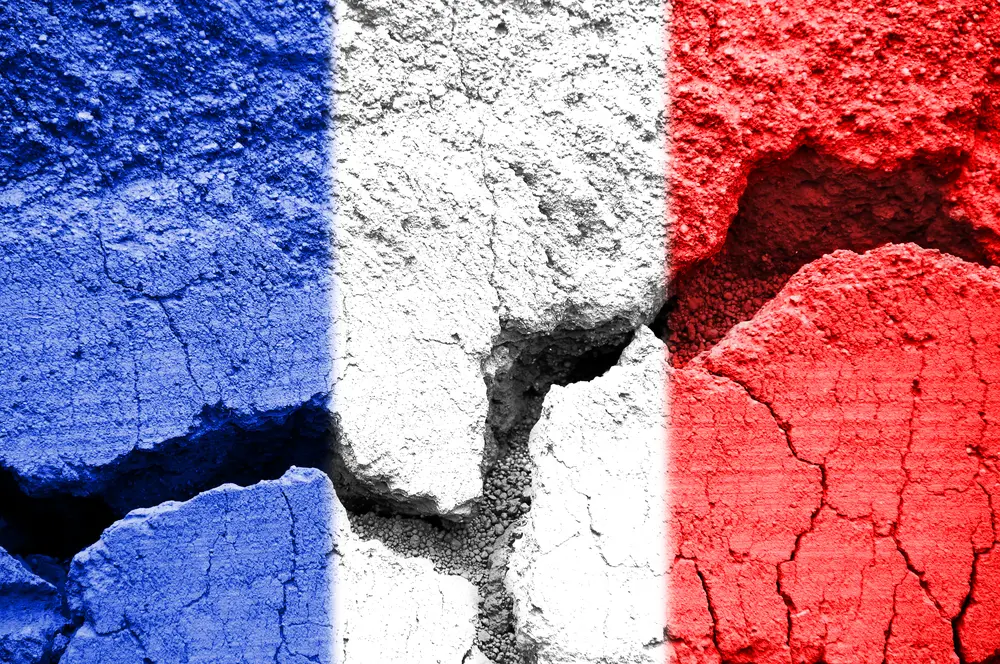
The tricouleur now seems to represent the empty promises of a failed experiment that has gone on for too long.